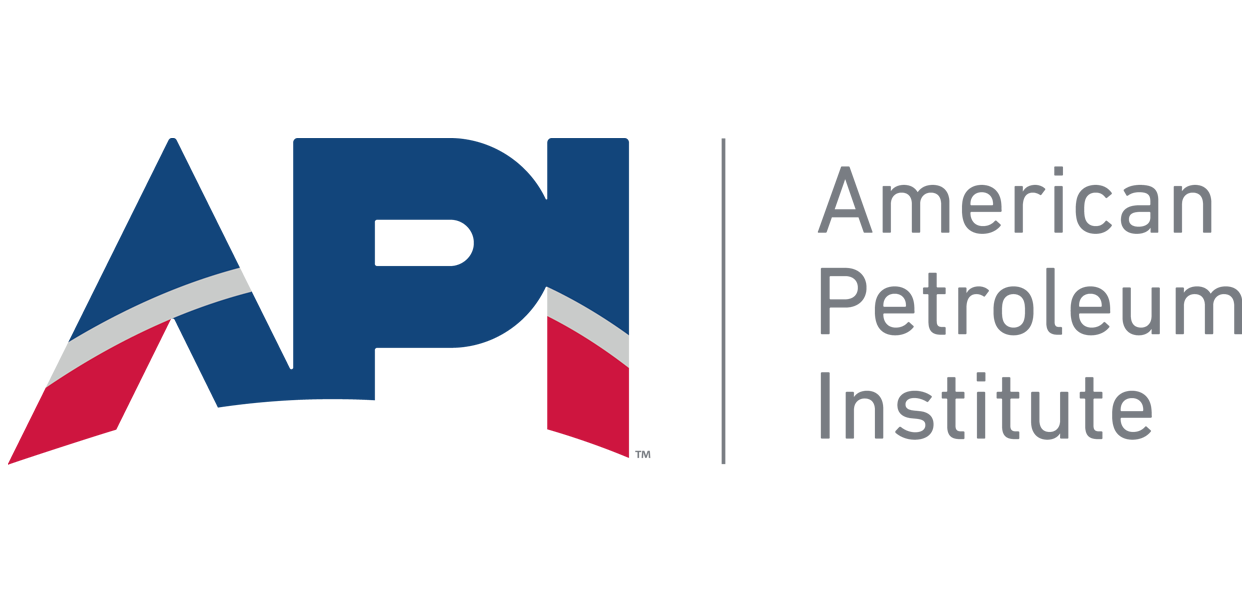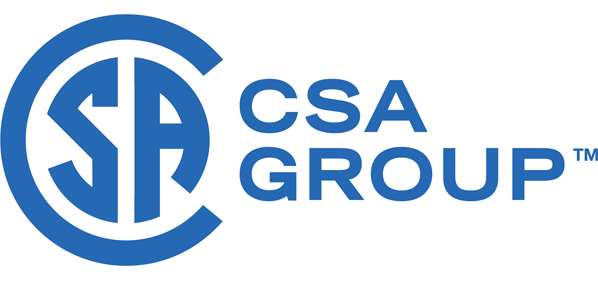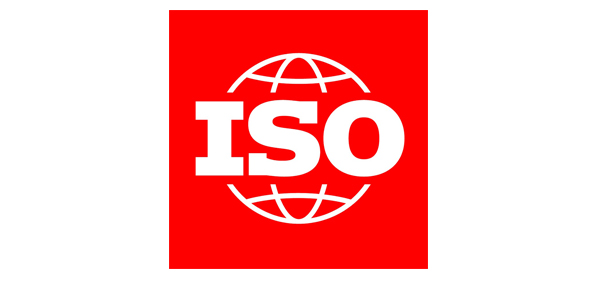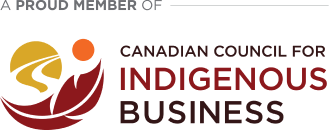Your cart is currently empty!
Global Standards
Global standards are agreed-upon guidelines, rules, or criteria that are used internationally to ensure that products, services, and systems meet certain quality, safety, and performance requirements. These standards are developed and overseen by international organizations like the American Petroleum Institute (API), International Organization for Standardization (ISO), CSA Group, Standards Council of Canada (SCC), and others.

API
American Petroleum Institute is a leader in the development of petroleum and petrochemical equipment and operating standards. API was formed in 1919 as a standards-setting organization and has developed more than 800 standards to enhance operational and environmental safety, efficiency and sustainability. API standards are developed under API’s American National Standards Institute accredited process, ensuring that the API standards are recognized not only for their technical rigor but also their third-party accreditation which facilitates acceptance by state, federal, and increasingly international regulators. Since 1924, the American Petroleum Institute has been a cornerstone in establishing and maintaining standards for the worldwide oil and natural gas industry.

CSA
CSA Group stands as one of North America’s leading standards development organizations. They specialize in conducting research, developing standards, and providing training across a wide array of technologies and functional areas. Their expertise spans sectors such as Petroleum & Natural Gas, Fuels & Transport, Occupational Health and Safety, Management Systems, and Electrical, among others. CSA Group has formed a collaboration with the Western Regulators Forum (WRF) providing Canadians free online access to several CSA Standards for the Petroleum & Natural Gas industry.

ISO
ISO and SCC ISO (International Organization for Standardization) in Canada refers to the global network of organizations that create and publish international standards, and the role Canada plays in that network. ISO develops standards to ensure products, services, and systems are safe, reliable, and of good quality. These standards cover a wide range of industries, from technology and manufacturing to healthcare and environmental practices. In Canada, the Standards Council of Canada (SCC) represents the country in the ISO system. The SCC works with Canadian experts and industry groups to help shape international standards and make sure Canadian interests are included. These standards are often adopted in Canada to ensure that Canadian businesses, products, and services are competitive globally and meet international requirements. In short, ISO in Canada helps ensure that Canadian businesses and industries are aligned with global best practices, fostering trade, safety, and quality both at home and abroad.

We acknowledge that our business operates on the traditional lands of the Indigenous peoples of Treaty 6 Territory, including the Cree, Dene, Saulteaux, and Nakota Sioux nations, and Métis people, who have lived and worked in this area for generations. We also recognize the original inhabitants of the land upon which our business is situated on in Alberta, Canada.
As an Indigenous company, we deeply respect and honor the enduring connection that Indigenous peoples have to this land. We commit to supporting their cultural practices and uplifting Indigenous voices within our business. We are grateful for the opportunity to conduct business on this land and strive to build stronger, more inclusive relationships with Indigenous communities. We express our profound gratitude for the land, the waterways, and the teachings that continue to sustain us. Through our work and community engagements, we aim to foster understanding, healing, and reconciliation.
We recognize that this is not just a statement, but a call to action to uphold Indigenous rights and create meaningful partnerships grounded in respect and collaboration.




